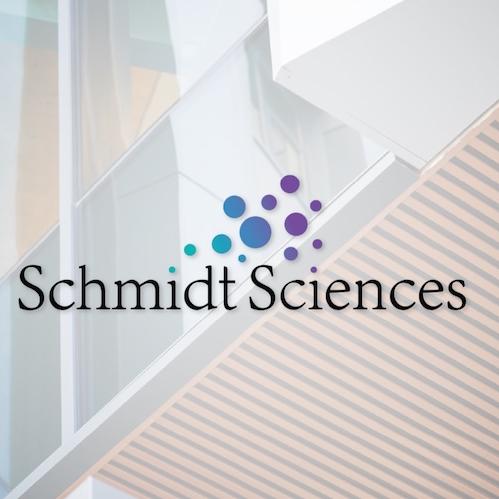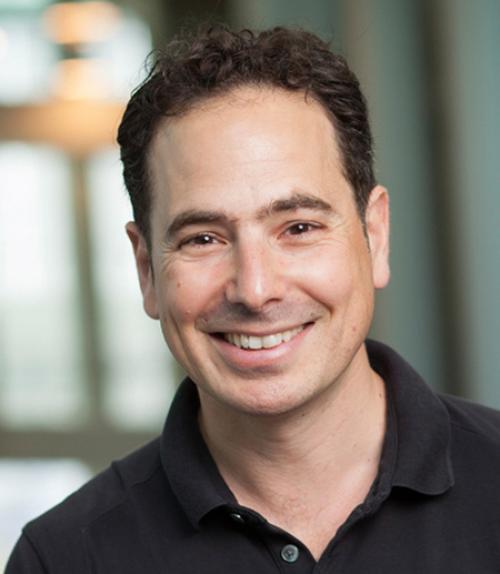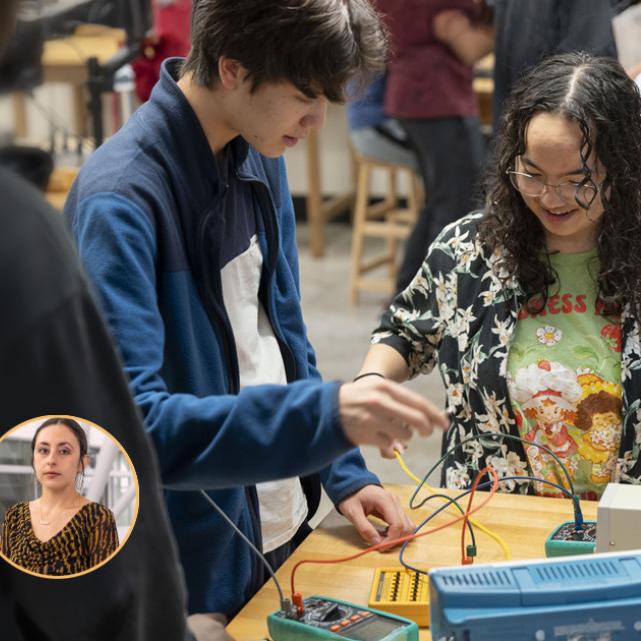
 Department Homepage
The College of Arts & Sciences
Department Homepage
The College of Arts & Sciences
Top-flight rheometer allows for outside-the-box research
Until last week, if students in Itai Cohen’s research group wanted to perform advanced measurements on a fluid – such as applying both rotation and sinusoidal oscillations to gauge whether the flow disruption was hydrodynamically or contact-mediated – they’d have to drive 330 miles east.




